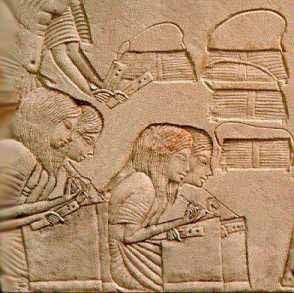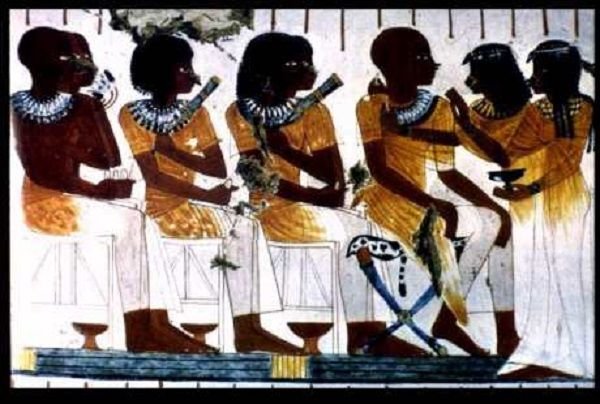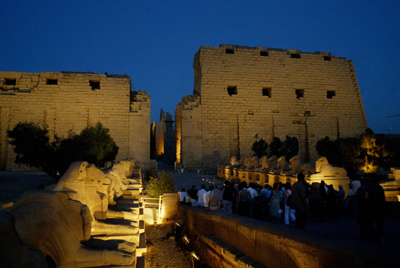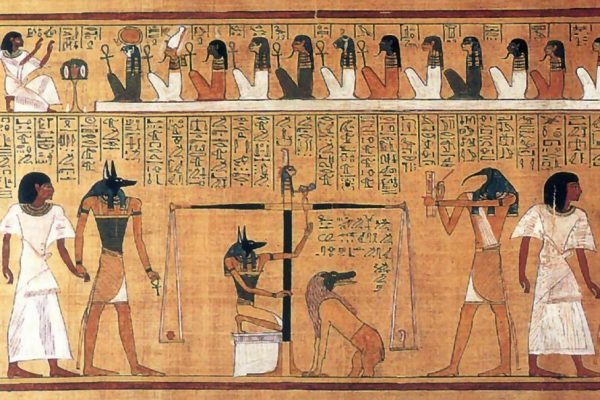In ancient Egypt (Kemet) children stayed with their mothers till age 4 for nurturing and motherly respect, after which the fathers took over. They learn about the universe, deities and the environment. At age 7, they enrol in a 40-year education program where they study mathematics, astronomy, sciences, technology, architecture, writing, astrology, medicine, geometry, geography, religion, magic and grammar.

The schools were in temples and the teachers were priests and scribes. Top schools like the Princes school were reserved for Pharaoh’s sons and sons of nobility.
Traditional Africa sees education as holistic, bringing together family values, community standards, religion and spirituality, morals, the environment and other mundane subjects like mathematics, sciences, medicine etc. All are linked together. The masters, the priests and scribes were also military personnel and will dress up for combat to defend the land.

After 40 years, you come out a well-rounded with mastery in many things.
The main universities were Waset (Thebes) and Ipet Isut (Karnak, Luxor) who in their prime held over 20,000 students some from places like Greece.

Similar systems could be seen throughout ancient Africa in Mali, Songhay, Ghana, Nubia (Ta Se ti) and Kush. Today, African communities have lost most of those ancient standards (though in the rural areas the holistic, spiritual and communal aspects still remain) and have adopted a western program of 17 to 21 years where you specialise in one or a few disciplines.
